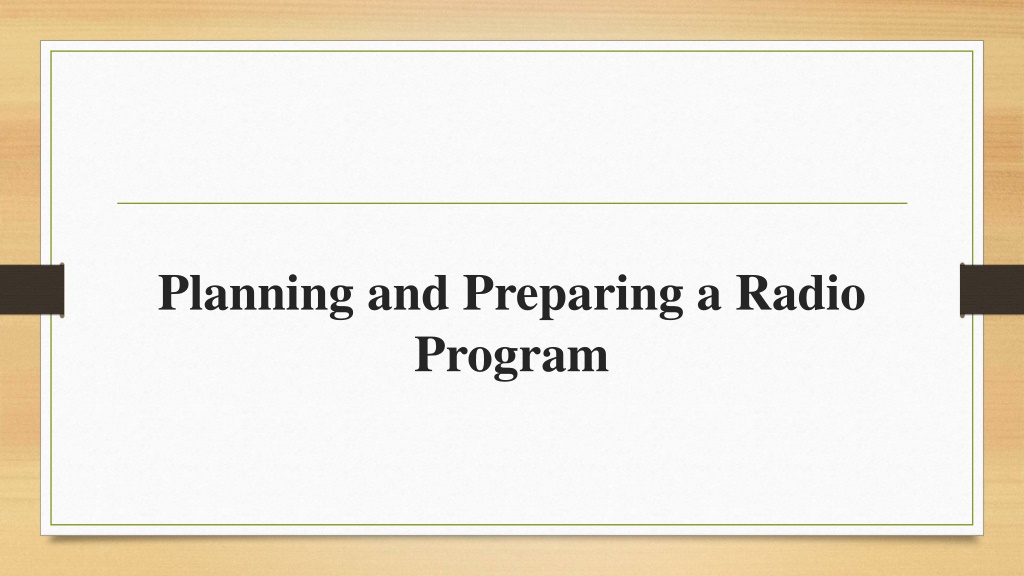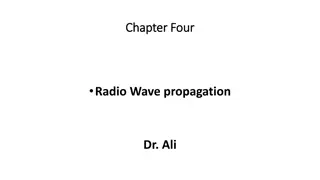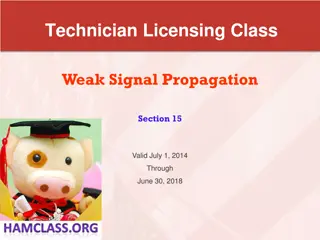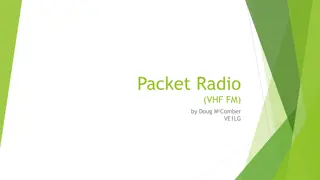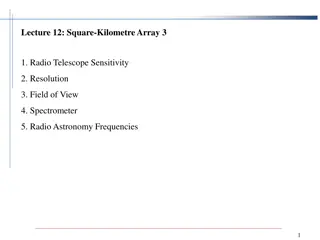Essential Tips for Planning and Hosting a Successful Radio Show
Effective radio broadcasting requires meticulous planning and preparation. From creating detailed running sheets and scripts to perfecting timing and adapting to unexpected changes, every aspect plays a crucial role in delivering a top-notch radio program. Learn how to plan your music selection, script your content based on program type, and ensure smooth timing for a seamless broadcasting experience.
Download Presentation

Please find below an Image/Link to download the presentation.
The content on the website is provided AS IS for your information and personal use only. It may not be sold, licensed, or shared on other websites without obtaining consent from the author. Download presentation by click this link. If you encounter any issues during the download, it is possible that the publisher has removed the file from their server.
E N D
Presentation Transcript
Planning and Preparing a Radio Program
Good radio takes planning and preparation. True masters of radio plan accurately, but make it sound seamless, casual and easy. You should never enter a studio without a running sheet and basic scripts. Your running sheet and scripts are like your road map. Even if you know the way, they are useful to have just in case you get lost along the way.
When planning a radio show, you should plan so that anyone would be able to pick up the show and do it for you. If you came down with a last minute illness a fellow broadcaster should be able to pick up your running sheet, scripts and CDs and do a stellar job of your show. Planning and preparation is often the difference between good radio and excellent radio.
Timing It is a common courtesy to your fellow broadcasters to start and finish your program on time. The easiest way to achieve this is to plan your music and segments well before you enter the studio. You should always finish your program with a music track of at least 3 minutes minimum to allow the next broadcasters time to settle into the studio. You should time the track to finish at your program end time.
A good broadcaster is able to adjust to changing circumstances. If a segment goes longer or shorter than you expect, adapt by playing a shorter/longer song instead or making adjustments to the running sheet.
Music Plan your music before broadcast. The Music Department makes new music available each time on their servers.
Scripting Scripting varies depending on the type of program you are presenting. In a light, conversational program you should script basic introductions and outros and at minimum have dot points to lead your discussion.
In a current affairs program you will likely need to tightly script each word to ensure accuracy and clarity. Your script should be in large, clear fonts and use bolding, italics or underlining when emphasis is necessary.
Spell out hard to say words as they sound (phonetically) instead of how they are spelt. Don t write like you are writing an essay. Write for your ears. The best way to test a script is to read it out aloud. If your sentences don t roll off the tongue naturally, you need to rescript. Practice and revision is the key.
